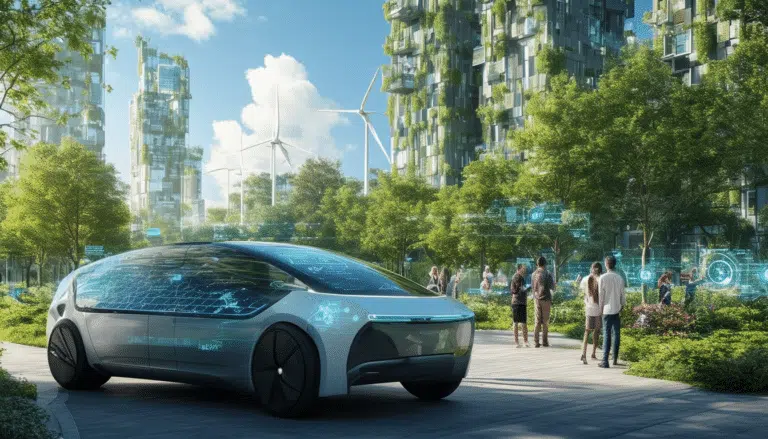Reduction of fuel expenditure: a step towards sustainability
The reduction of fuel expenditure has become a priority in the current context of growing concern for climate change and rising fuel prices. Adopting sustainable strategies not only benefits the environment but can also lead to significant economic savings for individuals and companies. Implementing responsible practices in energy consumption, opting for alternative fuels, and promoting the efficient use of resources are essential actions that contribute to a more sustainable future. A conscious approach to consumption can, therefore, make a difference in the fight against pollution and environmental degradation.
The reduction of fuel expenditure is one of the most effective and necessary strategies to move towards a more sustainable future. In a world where fuel prices continue to rise and the threat of climate change intensifies, adopting practices that optimize fuel use is more crucial than ever. This article explores various strategies that can be implemented both at the individual and corporate levels to reduce fuel consumption and, therefore, contribute to a healthier environment.
Effective strategies for fuel reduction
There are several effective strategies that can be applied to achieve lower fuel consumption. On one hand, using more efficient technologies and adopting electric or hybrid vehicles can represent a significant advance. On the other hand, promoting carpooling and using alternatives such as bicycles or public transport are measures that can be easily adopted by individuals.
The role of companies in sustainability
Companies also play a fundamental role in reducing fuel expenditure. By implementing sustainability policies and opting for clean energy, they can significantly reduce their carbon footprint. Selecting suppliers who prioritize sustainable practices and fostering a responsible supply chain are actions that can lead to substantial fuel savings.
Proper vehicle maintenance
Proper vehicle maintenance is essential to ensure they are functioning optimally. A well-maintained vehicle is not only more fuel-efficient but also complies with environmental regulations. Conducting regular checks and ensuring that all systems are in optimal condition can result in significant savings. For more information on this topic, you can read the article about the importance of proper vehicle maintenance.
Sustainable innovations and technologies
Innovation plays a crucial role in the reduction of fuel expenditure. New technologies, such as efficient engines that use alternative fuels, are transforming the transportation industry. For example, the use of hybrid or electric vehicles helps decrease dependence on fossil fuels and, consequently, expenditure. Examples of this transition can be seen in companies like La Molina, which has advanced towards sustainability with the introduction of an innovative hybrid snow groomer.
The importance of public policies
Public policies play a key role in promoting sustainability. Regulations that encourage the use of alternative fuels and reduce subsidies for fossil fuels can contribute to a necessary transition towards a cleaner energy model. Additionally, the implementation of incentive systems to promote the reduction of fuel expenditure is fundamental. For more details, you can read about incentive systems to promote the reduction of fuel expenditure.
Conclusion
Reducing fuel expenditure not only benefits consumers’ wallets but also makes a vital contribution to global sustainability. It is essential to adopt a multifaceted approach that includes the active participation of individuals, companies, and governments to achieve a significant impact in the fight against climate change.
The reduction of fuel expenditure has become a priority for both individuals and companies in a world where sustainability and environmental care are more relevant than ever. This approach not only contributes to the decrease in greenhouse gas emissions but also creates significant long-term economic savings.
Sustainable strategies that promote energy efficiency have become essential. Examples of this include the adoption of innovative technologies, such as electric engines and biomass fuels, that not only enhance vehicle performance but also reduce reliance on fossil fuels. By choosing products and services from companies that practice sustainability, individuals can make a significant difference in their consumption.
Moreover, environmental awareness plays a fundamental role in adopting responsible practices. Education on fuel efficiency and proper vehicle maintenance is key to maximizing savings and fostering a more sustainable lifestyle. Through the implementation of public policies that incentivize the use of energy alternatives, a positive impact can be generated both on the economy and the environment.
The transition to a more sustainable energy model requires collaboration from all sectors of society. From carpooling to planning more efficient routes, every small effort counts. With the right approach, fuel expenditure reduction is not only possible but also represents an opportunity to build a cleaner and more responsible future for the next generations.





